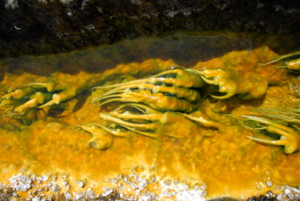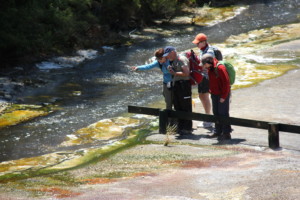PRESS RELEASE
New Zealand teachers and students will join a NASA Astrobiologists and New Zealand scientists in the North Island this January, 2015, to explore extreme environments and conduct scientific experiments that might one day provide insight for the search of life on other planets. The expedition is part of NASA’s Spaceward Bound programme, uniting teachers and research scientists in field activities and, ultimately, bringing the excitement of space exploration to New Zealand students.
Dr. Kathy Campbell, a professor from the University of Auckland and the New Zealand Science Lead says, “New Zealand is one of the most intriguing spots on Earth for finding extreme life forms analogous to possible life on the Red Planet. This is a unique opportunity for our educators to work with scientists in the field and get hands-on instruction to use in their own classrooms”. Exploring several Taupo Volcanic Zone parks and hot springs, the teachers will learn about the multidisciplinary field of study called “Astrobiology” and look for hardy microbes that thrive in hot and acidic conditions in a volcanic terrain still active today. They will also look for chemical signatures of life preserved in the rocks nearby. These “biomarkers”, or related organic compounds, may be the best-preserved evidence that life once thrived on Mars or other planets.
The science team also includes Professor Steve Pointing from AUT University. Steve has conducted research with NASA scientists for over ten years and their findings have appeared in the worlds leading research journals. His specialty is understanding the distribution of life in extreme environments, and he has worked in many locations including the hot springs of Tibet and Antarctica’s Mars-like McMurdo Dry Valleys.
The NASA team will also use robotic instruments, including a drone and a rover, to image remote areas out of reach to human visitors and practice remote identification and description of new terrain.
The goal is to inspire curriculum in New Zealand classrooms through an introduction to field exploration and space technology. A special effort will be made to create several lesson plans that will correlate directly with New Zealand’s ESS standards, a useful souvenir for the teacher participants.
For more information:
Spaceward Bound New Zealand
http://astrobiology.kiwi/events/spaceward-bound-new-zealand/
ABOUT New Zealand Astrobiology Group
The new group of the Royal Astronomical Society (RASNZ) has been established to foster the local astrobiology community. The Astrobiology Group aims to inspire interest in the field through newsletters, educational programmes and outreach events. Its formation was approved by RASNZ at their 91st annual conference, held in June, 2014.
Astrobiology is the study of the origin and future of life in the universe. It also examines whether life exists beyond Earth, and if so, how humans might detect it. The field is especially interesting because it combines many scientific disciplines, such as physics, chemistry and geology, in order to study life on Earth and potential life in space.
To learn more about New Zealand Astrobiology visit http://astrobiology.kiwi
ASTROBIOLOGY NEW ZEALAND CONTACT
Haritina Mogosanu
Lead of the Astrobiology New Zealand Group
publicity@rasnz.org.nz
+64 21 2692908
P O Box 3181, Wellington, New Zealand.
Attached Images


Bacterial mats

Champagne Pool, Waiotapu

Hot water crick. Waimangu. Credit James Reilly
